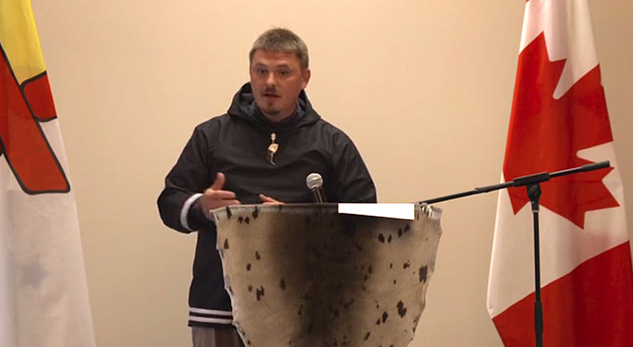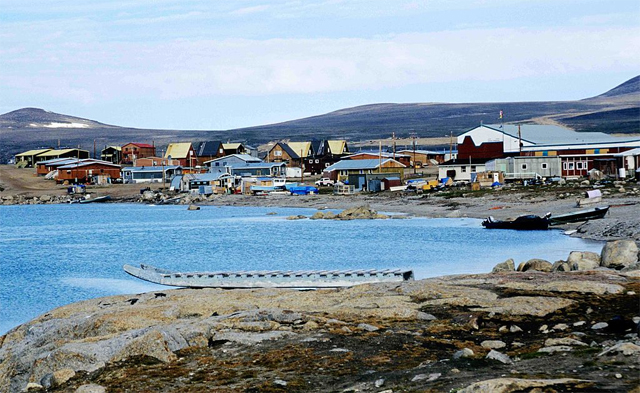With the Canadian parliamentary election scheduled for October 21, it seemed reasonable to anticipate articles providing Inuit perspectives on Prime Minister Trudeau’s accomplishments over the past four years. A published opinion piece by P. J. Akeeagok, President of the Qikiqtani Inuit Association (QIA), provides a perspective from the Baffin Island region of Nunavut.

Mr. Akeeagok opens his brief essay by requesting Canadians to elect people who will continue working with the same spirit of respect and reconciliation with the Inuit as the government of Mr. Trudeau has exhibited. His prose might be dismissed by cynics as simply an attempt to curry favor but his citations of the real accomplishments worked out between his organization and the government, which came to a climax just two months ago, make it clear that he genuinely appreciates what has happened to generate the historic apology by the government in August.
“By coming to the table and allowing Inuit to lead, the government of Canada in partnership with the QIA” have been able to craft zones of protection in the Arctic waters around Nunavut, he writes. The agreements reached have led to new jobs and the creation of marine infrastructure in their region of the High Arctic. These achievements provide “a model for what can be accomplished when Inuit are treated as equals.”
He devotes two paragraphs to briefly reviewing the events that led up to the historic government apology to the Inuit in August for the many ways it had badly treated the people until not too many years ago. He points out that while the apology was quite appropriate, “much more is needed to truly achieve reconciliation and provide Inuit with the tools required to heal.”

Mr. Akeeagok concludes by briefly describing some future possibilities for the Qikiqtani Inuit. He mentions a proposed deep-sea port in Qikiqtarjuaq that would foster more sustainable fishing and create more jobs. He points out that the QIA advocates more industries in Nunavut that will provide clean energy and sustainable fisheries. The future should focus on protecting the environment while increasing economic growth for the Inuit. “Growing sustainable industries will also help alleviate Nunavut’s reliance on unsustainable resource industries,” he concludes.